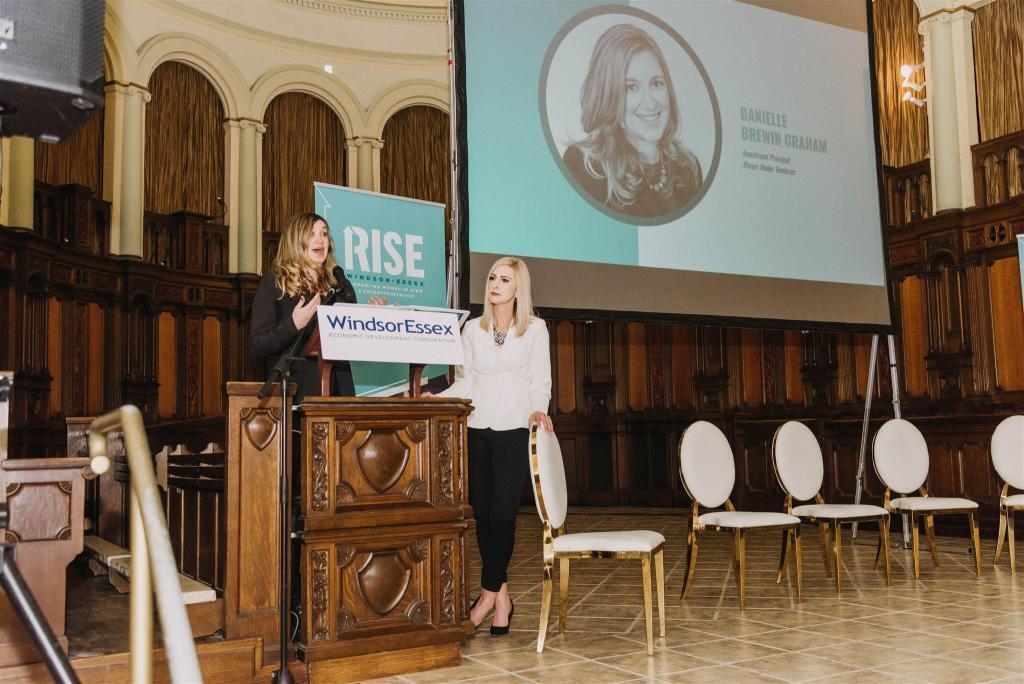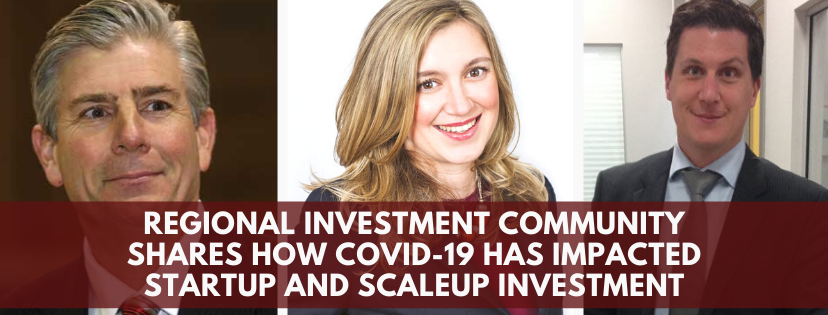Seeking investment in start-ups and scale-ups can be a frustrating and time-consuming exercise in the best of economic circumstances but doing so in the middle of a world-wide health crisis can be almost impossible.
But according to Mike Labiak, a successful local investor in entrepreneurial projects and member of WEtech Alliance’s Venture Service Team, investment opportunities can be easier to come by if they’re involved in the healthcare or medical sectors.

“If you’re looking for investment in oil and gas start-ups, that would be next to impossible but it’s a different story in healthcare and medical,” said Labiak.
“Obviously, efficient testing systems and vaccines are the Holy Grail but even then you would be competing against Big Pharma across the globe,” he adds. “And clinical trials can take a long time, especially for a start-up and as a society, we don’t have time.”
Labiak said the biggest obstacle to success by start-ups is finding a way to prove the product works in a short time frame because society needs solutions and it needs them quickly.
“In order to fully open up society, we need to be able to utilize fast, efficient, inexpensive testing kits so that the workforce feels safe going back in and customers feel safe as well,” said Labiak.
Marco Fiori, executive director of the Windsor Essex Capital Angel Network (WECAN), echoed those sentiments saying that in these uncertain times even angel investors have tightened the reins on investment opportunities.

“Angel investors typically want to invest in companies which already have products or customers,” said Fiori. “Those situations are more attractive in the angel world and they’re essentially looking for companies seeking funding for expansion or enhanced marketing initiatives.”
Fiori added that “the default answer for most angel investors is no.”
“So, the key for any start-up or company seeking additional investment is to change that answer by providing compelling reasons to invest,” said Fiori.
For owners of existing companies seeking investment funds in life sciences or Covid-19-related technology such as testing kits or temperature gauges for on-the-spot readings, there are limited opportunities.
“But if you are a new company entering this sector, it would be much more difficult than before,” said Fiori.
But difficult doesn’t mean impossible.
In April, the Arch Angel Network, a group of investors in the Kitchener-Waterloo-Toronto region, launched a $10 million fund with plans to invest between $100,000 and $300,000 in 30-50 deals over the next five years.
According to the fund’s initial announcement, “because of the Covid-19 pandemic, we are compelled to act now which will unlock crucial investment in critical innovations urgently needed right now.”

Danielle Graham, a co-founder and head of the group’s investment committee, said more than 20 applications for funding have already been made and decisions regarding disbursement of funds are expected to be made by the end of May.
“We’ve received applications from companies proposing tracking solutions, test kits and wearables for tracking temperatures,” said Graham. “A great deal of the technology was already in place and the challenge now is to get the products to market as quickly as possible.
“We’re planning on accelerating the entire timeline so that these products can be made available as quickly as possible,” she added.
The fund is designed to augment efforts being made by the provincial and federal governments to provide additional capital, access to global partner networks and expertise.
“We intend to make angel investments focusing on Covid-19 responses accessible to investors who otherwise wouldn’t be able to participate, help scale-up Canadian start–ups into U.S. and global markets and reinvest in the angel ecosystem,” according to the fund.
Numis Growth Capital Solutions recently shared a “What’s Next for Private Markets” report that predicts fewer investments into new companies and a mix shift to follow-ons, as investors portfolios demand attention and capital,” said Yvonne Pilon, CEO of WEtech Alliance. “Appetite for new investments is diverging according to a firm’s risk tolerance, fund cycle and dry powder.”
The report goes on to share additional tips for Founders seeking investment including:
- Be proactive in seeking capital. Better to at the front of the line than back of the stampede
- Reevaluate operations to reduce costs. Startups should aim to reduce cash burn and increase runway as quickly as possible. Additionally, many investors are suggesting that startups make customer retention and closing any open deals a priority in the short term.
- Investors are refocusing on fundamentals. When raising capital highlight robust unit economics and consider a plan for achieving positive cash flow without further funds






